After many years of learning the language, I wasn’t scared of the idea of talking to Kady Diarra in French. The singer, coming from Burkina Faso, is often mentioned in articles to be from a griot family, which made me remember other times hearing this phenomena in the context of musicians. But this time I learned what griots are called in the local language, what role her origin played in Kady Diarra’s career development, and how the newest album is with which she is currently touring.
The album title is Burkina Hakili. Do I understand correctly that it is about Burkina Faso?
Indeed. This music was created while we were all locked down during the pandemic. I was walking around in my garden, feeling how difficult this situation is for everyone, and I recalled a lot of memories. I shared them with my daughter who also took part in the recording. (She is vocalist Assetou Koïta on the album – editor’s note.) Therefore, a collection was born that mixes traditional and contemporary elements, from the instruments to the melodies. ‘Burkina Hakili’ means ‘the spirit of Burkina’ in the Bambara language, and the whole album is a bit like travelling to the heart of the country.
In your homeland you count as a griot, a descendant of an artist family. Did it have an impact on the album?
Yes, my family is griot, or as we call it, nyamacara. I descend from artists both on the paternal and the maternal side, and that is how my career started: I sang with my grandmother, mother and father. We were working at all kinds of local festivities, and I loved to listen to my grandmother’s singing, to see her performance that enchanted people, and to experience how she could deliver messages with music. We were travelling around a lot, and I experienced at a lot of feasts how magical, radiantly happy our music can be. That’s how I became a singer myself.
What instruments can be heard on the album?
We play with many different instruments. For example there is the dundunba, a percussion instrument, or the tama, which is a smaller tambourine. My father taught me to play on it. Such instruments weren’t only there for entertainment at the festivities, but they also delivered messages between the villages and played an important role at weddings or funerals. All instruments speak, and my father played them very well. But there will also be balaphone, n’goni, and flute, and a classical guitar, which is played by a French guitarist Thierry Servien. The mixture of Western and African instruments, tradition and modernity help the album and the concert be very diverse.
I also read that many different languages appear on it.
Yes, I sing in four languages here. One is Bambara, the majority language in Burkina Faso. Another one is my native language, Bwaba. The third is Moré, spoken in the capital Ouagadougou, and the fourth is French.
How would you describe your music?
This is the music of Burkina Faso, as played in the villages. Balaphone, n’goni or kalebas are typical Burkina Faso and West African instruments. This music preserves the heritage of those people who protested against slavery with all drops of their bloods. Music was a tool to keep people strong, to help them communicate with each other, and to remind them how Burkina Faso is. I have always written music that is fiery, has a strong and struggling spirit, and diverse. On this album there are as many happy songs as sad ones, or travelling ones, or the ones embracing the whole of humanity as siblings. This is its spirit.
Is it a political album then?
I am not a politician but an artist. I’ve been in this profession since I was thirteen, and this was influenced a lot by all being started in Burkina Faso. There were times when I wanted to leave, I wanted to travel away, but I couldn’t. Later I realised that you can travel with music, too, and discover exciting places – like a beautiful country such as Burkina Faso.
Do you have any more messages for the audience of the upcoming concert?
This will be my first time in Budapest, but I’ve heard so many good things about the city. I’m so happy to get to know it in person. And thank you for this article – we work for the same, whether with music or with words, and it is great to support each other.

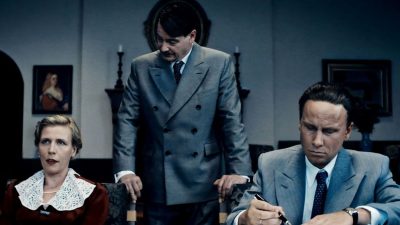
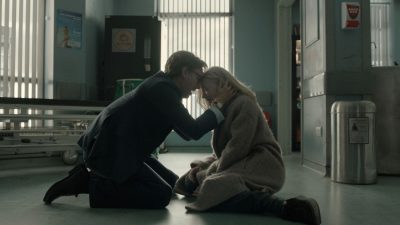


















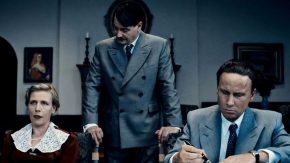
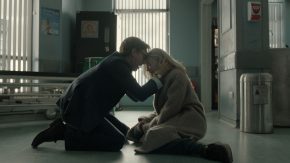

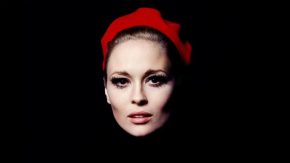

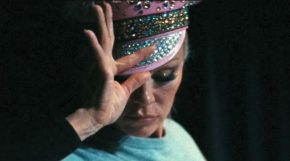
Comments